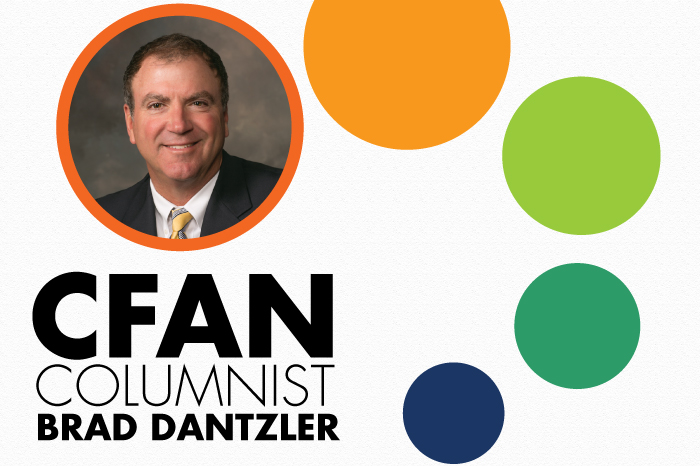The ability to predict interest rates is, at best, speculative. To put it politely, no one is very good at it, but lately many industry experts and media pundits collectively seem to agree that there is a rise in interest rates on the horizon. [emember_protected custom_msg=”Click here and register now to read the rest of the article!”]
Investors who own fixed-income securities should be aware of the relationship between interest rates and the price of those securities. As a general rule, the price of a bond moves inversely to changes in interest rates.
To this point, it is helpful to understand a risk measurement known as duration.
Duration is more complex when evaluating multiple securities or investments that hold bonds.
Simply put, a duration of 3 means that a 1% (100 basis point) change in interest rates will result in an approximate 3% change in the market value of a bond.
With individual bonds, this price adjustment is an unrealized change in value. The lower value of the bond resulting from an interest rate increase is not realized unless you actually sell the security prior to maturity. If you hold onto the bond, the cash flows generated will remain unchanged.
One needs to evaluate your exposure to interest rate risk and ensure that your investment strategy remains aligned to meet your needs, risk tolerance and overall goals.
As federal and state tax rules are subject to frequent changes, you should consult with a qualified tax advisor prior to making any investment decision.
Raymond James & Associates, Inc. member New York Stock Exchange/SIPC.
CREDITS
column by BRAD DANTZLER
BIO: Brad Dantzler is a trusted financial advisor with over 18 years of experience. He is active in his church and community, has been an active President’s Club member for six years, and is currently president of the Winter Haven Library Board as well as a Winter Haven city commissioner.
[/emember_protected]


